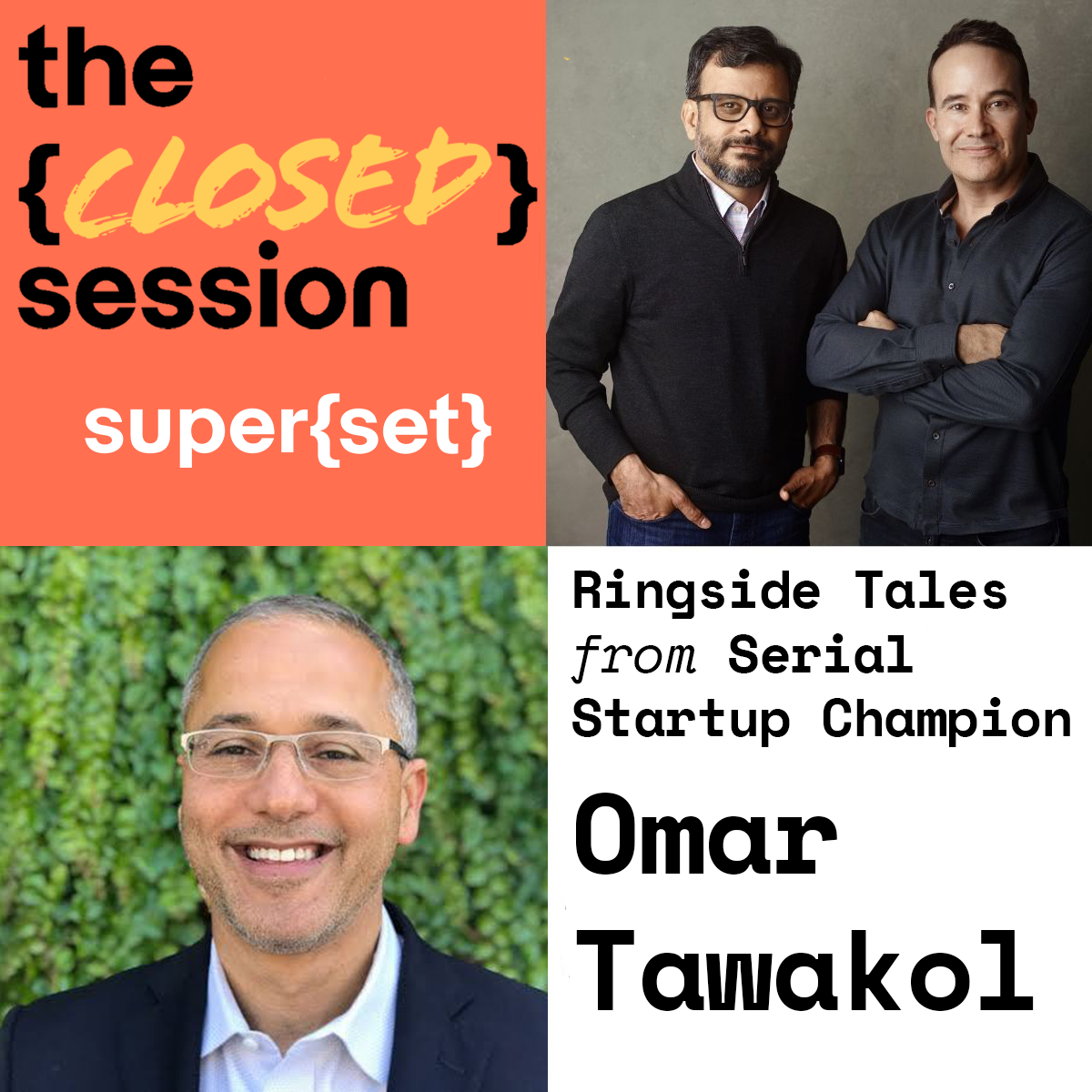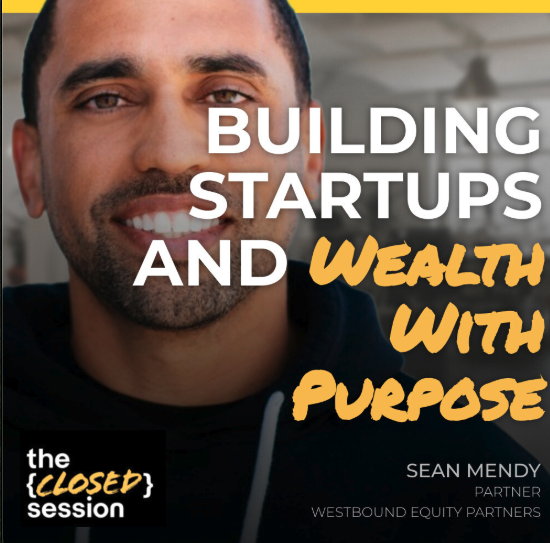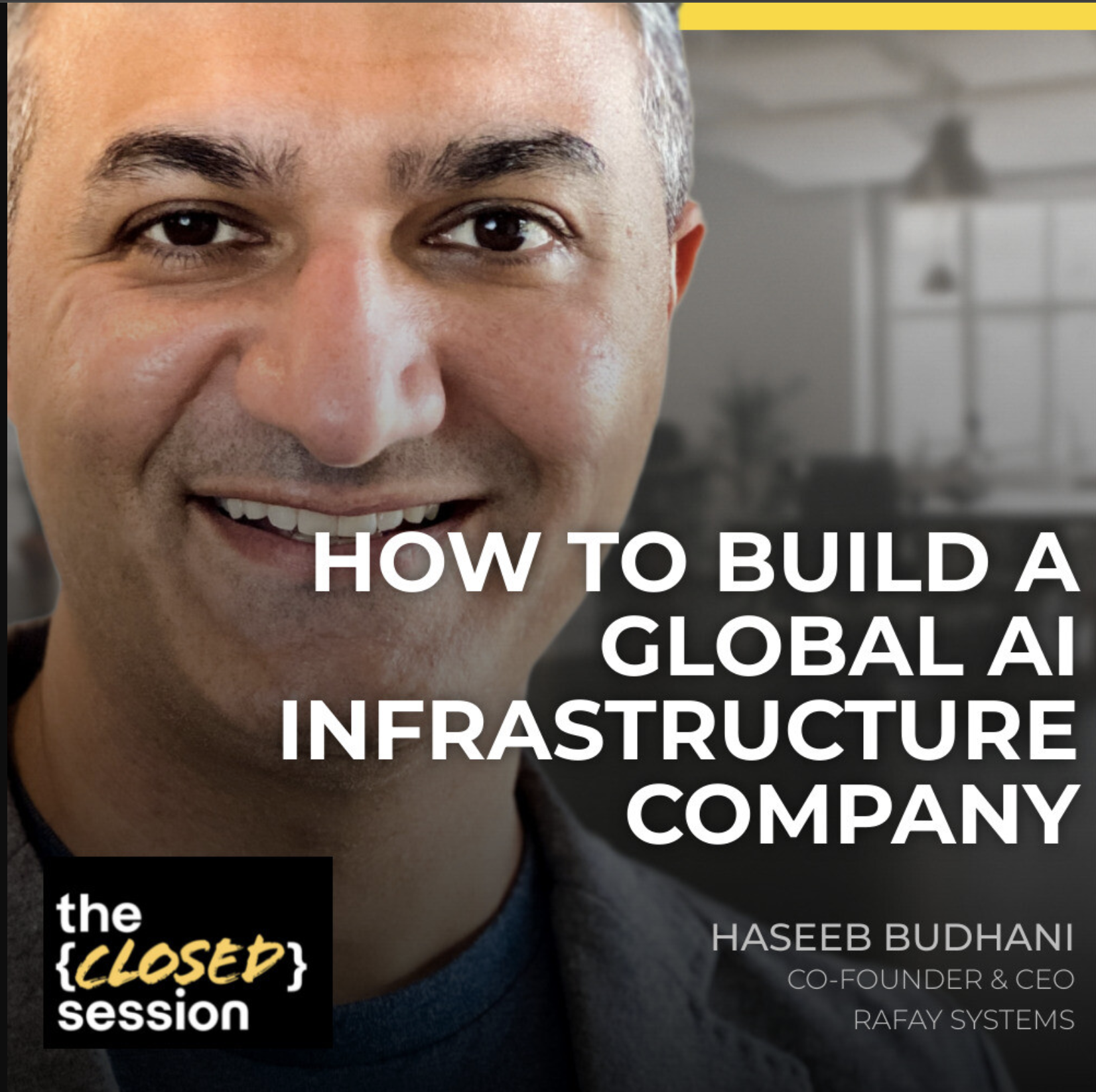
Ringside Tales from Serial Startup Champion Omar Tawakol
Have you ever heard of a 5-year-old CEO? Omar Tawakol made his first sale by pitching coasters to neighbors. From playground profits to knockout big exits, Omar shares how he had “no choice but to build companies” from an early age. What makes the human element the most rewarding part of company building? Are better algorithms or richer data the key to winning in tech? Where does AI stand in the current hype cycle? How do you intertwine AI into human workflows? And, how not to let success get to your head.
Omar joins Tom and Vivek on the latest episode of The {Closed} Session to recount tales from the entrepreneurial ringside, insights from his journey as a serial startup champ, and a sneak peek at his latest venture that's punching above its weight in the AI arena. Plus, a totally unpaid-for-promotion: where to find the best coffee in Menlo Park.
Learn more about Rembrand at rembrand.com
Tech, startups & the big picture
Subscribe for sharp takes on innovation, markets, and the forces shaping our future.
More Episodes
Explore additional conversations with entrepreneurs, investors, and leaders shaping the future of tech and business.




